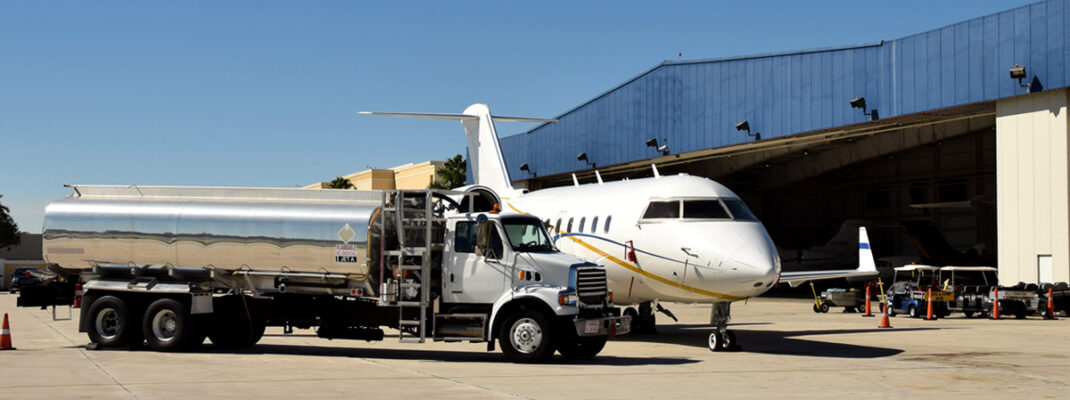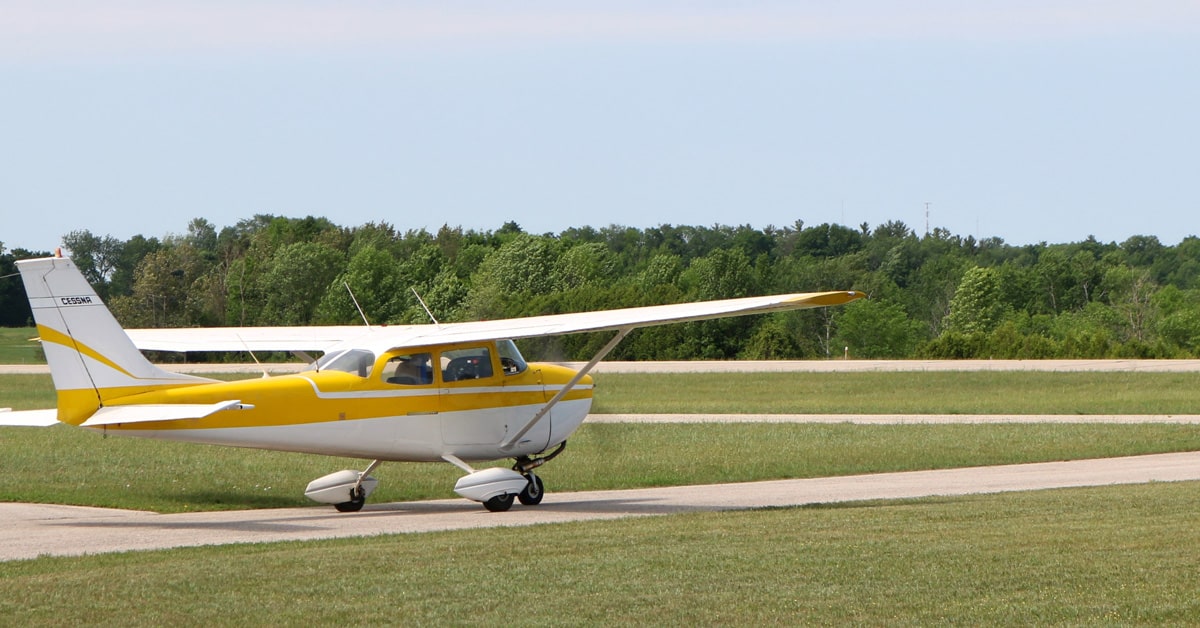Most flight training in the United States takes place at airports that include fixed-base operators (FBOs). An FBO is a commercial business that provides aviation services to both general and business aviation at airports. Essentially a gas station for airplanes, they are a critical component of the airport infrastructure, providing fuel, parking and hangar space, maintenance, passenger amenities including bathrooms, food, Wi-Fi, and more. According to business market research, FBOs are expected to nearly double in value by 2031 as new airports come online around the world. In 2024 their worth was about $25.5 billion, forecasts predict that number could increase to almost $41.5 billion annually.
The world’s largest aircraft fleet operates in North America, which therefore has the most FBOs, with more than 5,245 around the country. In comparison, the Asia-Pacific region currently hosts only 71 FBOs but anticipates the highest growth rate in the next few years and an expected growth of 30% over the next 6 years.
In addition to the growth of aircraft fleets, changes to the makeup of those fleets will also impact FBOs. The increasing need for alternate forms of fuel—including electricity, hydrogen, and sustainable aviation fuel (SAF)—will either force existing FBOs to change with their customers or bring new players onto the airport to provide these essential services. Airports and FBOs are also expected to see a dramatic change as advanced air mobility (AAM) aircraft come on the scene. Powered-lift aircraft are not only likely to have different fuel and maintenance needs, but the fleets are also expected to be larger as each vehicle carries fewer passengers. Whether the AAM are going to infiltrate the existing FBOs or set up their own bases at vertiports separate from traditional airports has yet to be determined.
This influx of FBOs means a growing number of available aviation jobs. As FBOs offer a wide range of services, they also employ professionals across many career paths—everything from maintenance and ground operations to flight operations, and from security and compliance to hospitality and concierge. If you’re interested in pursuing a career in this aviation business segment, Daniel Prather’s book, FBO Management, covers all aspects relating to the operation, marketing, and management of fixed-base operators and is available at ASA.
Featured photo by icholako via Adobe Stock.





